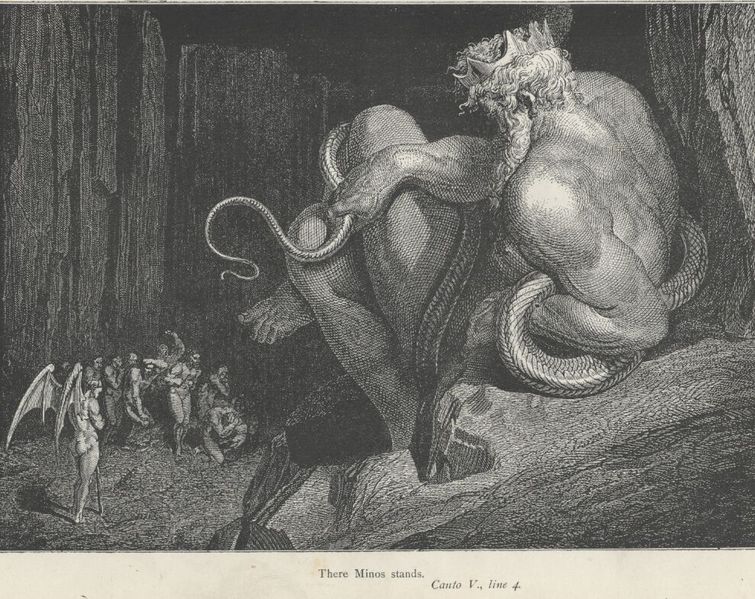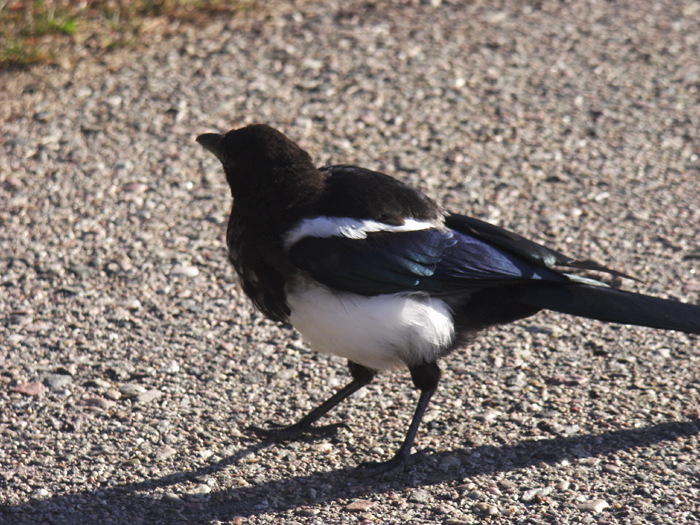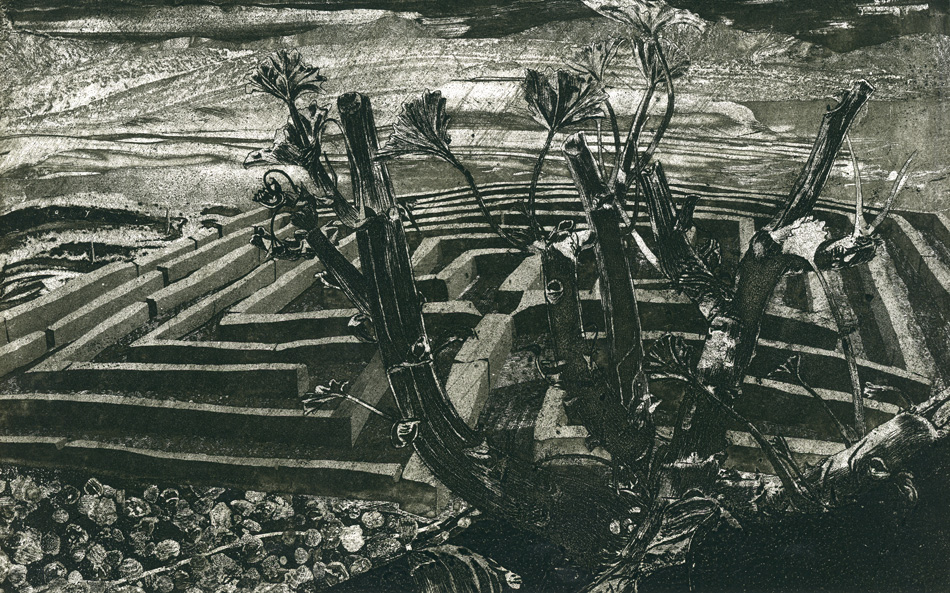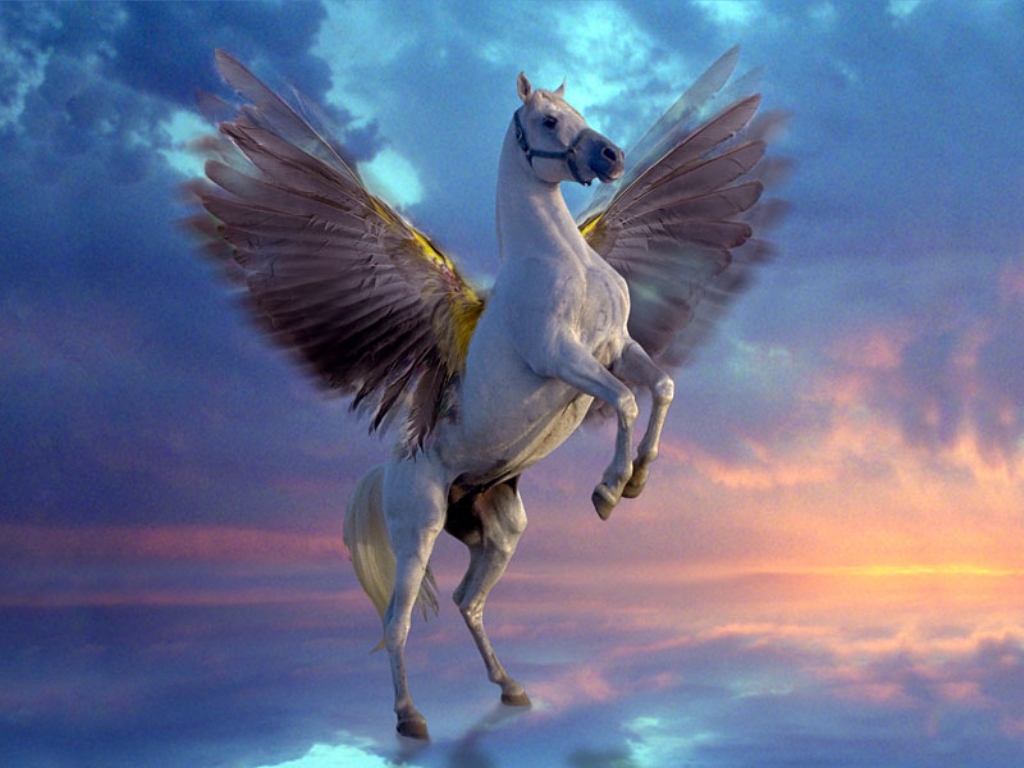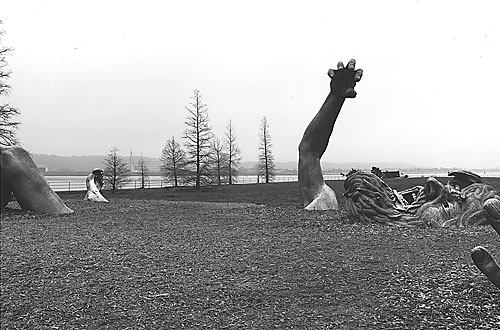“You could never convince me that this was for the first time.” –Henderson (p.318)
Upon finishing the book I couldn’t help but feeling that a burden had been lifted off of me. It could possibly just be that the stress of finals was reduced by checking an item off my to-do list, but I think it was more than that. I think that I was experiencing
Henderson’s own change; the sublime feeling of a new beginning.
All throughout the book I was repulsed by this pompous ass. He was so…American. He felt that he knew everything, could help anyone, and always had to get in the way. I realize that the author made him this obnoxious on purpose. But something else amazed me; the fact that I kind of liked him. He reminded me of me in a way. How you have high hopes and the best of intentions but you can’t see beyond the trees to take-in the entire forest. He was an old guy just trying to make sense of his life and find a purpose. The purpose to life; now that is a huge question that most of us tend to ponder when in our lowest days. This purpose and truth is what I chose to focus my paper on; how doses of truth represent mythical eschatology that happens in each of our lives on a daily basis.
Initiation, Separation, Return. The second stage is by far the longest and the hardest. But there are always glimpses of hope, reminders of metempsychosis, and truth presenting itself in blows.
Henderson experiences these mythical apocalypses all throughout the book. These “phases of a hero” do not occur over
one lifetime, like mythological eschatology they can happen again and again. He is continuously evolving. He views his world a certain way, something happens, and his view of that particular world changes entirely. It is a cycle; a cycle that we are all caught in; a cycle that only occurs while we are neck-high in the conflict.
And Henderson is definitely neck-high. He can’t explain it but he has an urge to get out of the daily routine of his life. The inner-voice is started to be too loud to drown out. He has to discover just what it wants. What he finds is an apocalypse of his old self and an “awakening of his spirit.” He first notices this when he enters Arnewi land. He describes it as “entering the past—the real past, no history or junk like that.” (p. 49) He talks with the woman of Bittahness and she perceives him with grun-tu-molani, wanting to live. He agrees with her and does some soul searching but is cut short because being his egocentric, ignorant self he ruins the opportunity and must move on to the next village.
There he meets Dahfu, the King of the Wariri, and since this king is well-educated they indulge in some very eye-opening conversation. Henderson explains that people who have found truth are be-ers but people who are still searching are becomers. These two distinctions are the differences between separation and return. You must learn to be in order to “arrive where we started and know the place for the first time.” (T.S. Elliot) Henderson exclaims that “every man born has to carry his life to a certain depth;” the more of a be-er you become, the deeper you can go, and the more truth will be revealed. Henderson explains that witnessing this truth leads to living in reality. “It wanted reality. How much unreality could it stand?” (p.298) This was the final answer that Henderson came to addressing his inner wanting. He wanted an apocalypse of his current view of the world; he wanted his “soul to be awakened.” Henderson feels this awakening in many instances throughout the book and each of these instances represents a mini-apocalypse. He goes from being a human to a pig to a lion and in the end, he returns home a far different man than when first left for Africa.
Something that interferes with the discovering of truth is fear; “Fear is a ruler of mankind. It has the biggest dominion of all.” (p.243) Henderson is most scared of Dahfu’s lion, Atti. This fear is what he must overcome in order to witness reality and change. He makes references to Moby Dick a lot in this book. Since I have never actually read the book (I know, bad!) I cannot really comment on Ishmael and the whale but another “animal-fear” story comes to mind; The Short and Happy Life of Francis Macomber by Ernest Hemingway. In this story a spineless man goes on a water buffalo hunt in Africa (hmmm, a pattern emerging?) with his quick-to-degrade wife. He is paralyzed by fear on their first outing, but on the second outing he confronts his fear and kills the buffalo as it is charging him. His wife, however, accidentally shoots him and he dies in his greatest moment of glory. Macomber’s buffalo is Henderson’s lion. Once they both get over their fear, they are both changed by the experience, Henderson the luckier of the two because he can discover the new depth he has acquired during his metamorphosis whereas Francis only knows his happiness of truth for a few fleeting seconds.
This continuous changing of Henderson is precisely why Dahfu introduced him to Atti in the first place. Although Henderson didn’t totally buy in to the mind being the total controller of how we physically and mentally grow and change like Dahfu did, he did agree that change is possible. There is a quote that I really enjoyed; “And as man is the prince of organisms he is the master of adaptations.” It reminds me of my science teacher. He was a really really really (three really’s is totally needed) odd man but he had this quote on his podium “I am the master of my fate; I am the captain of my soul.” (Yet another Ernest Hemingway reference). Through all these trials and tribulations of the middle, Henderson realizes that inside him is the power to change, and it has been there all along.
I’ll try to wrap-up this totally disorganized paper by shortly addressing the final return, death. But more than just death, immortality. Henderson’s reaction to this notion is “But these dead should go. They make us think of them. That is their immortality. In us.” Another powerful reminder of how humans truly can live forever and how important our role is in the cycle of life. We continue to face trials, not just so the poets have things to write about, but so we can overcome them, change our perspective of ourselves, and immortalize the concept. We discover our depth and our reality and then we wake up the next day and discover a whole new depth and reality. This suffering, these cyclical apocalypses, these powerful blows of truth is our daily lion. The question is whether or not we put our best foot forward to go to Africa and catch it or just stay in our own comfort as ignorant, pompous swine.





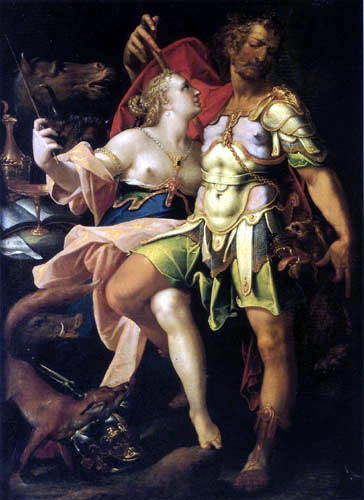


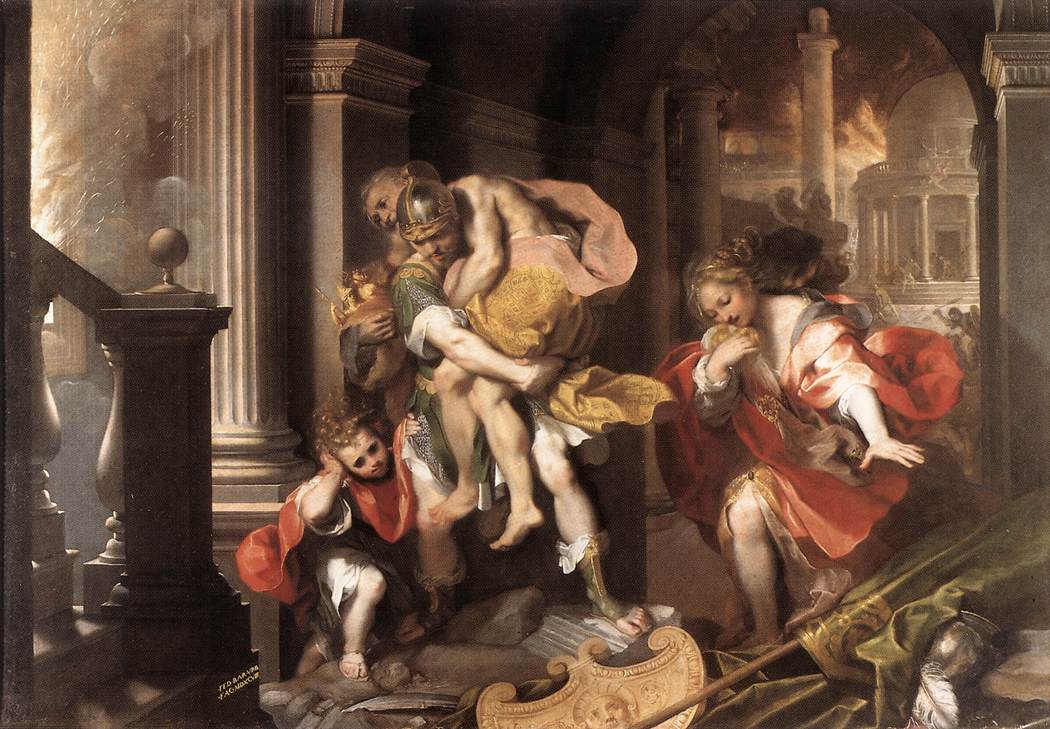
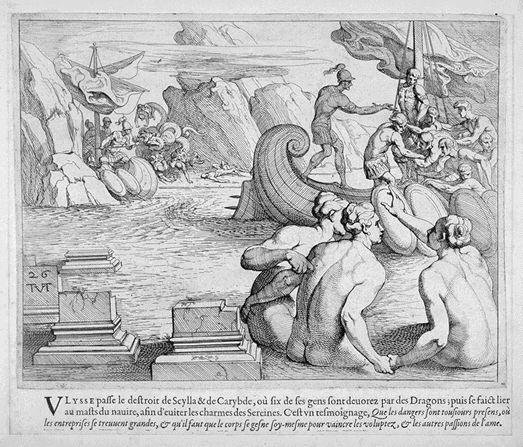

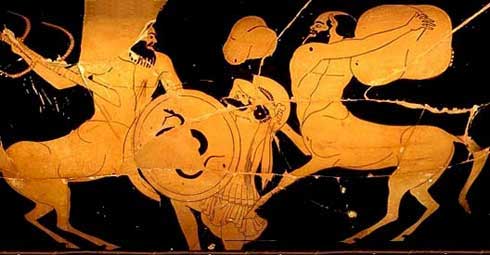
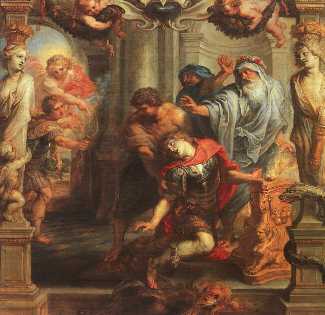
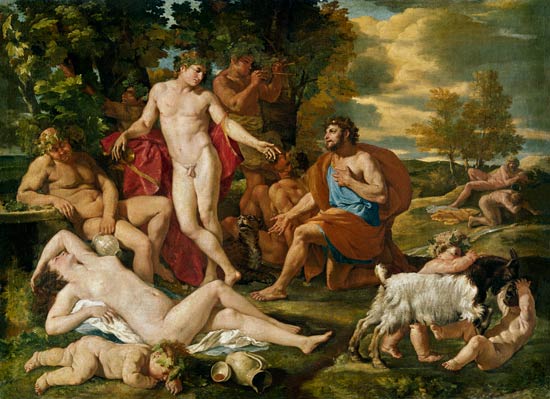 TROY: An untruthful king pays for not following through with paying some in-disguise Gods.
TROY: An untruthful king pays for not following through with paying some in-disguise Gods.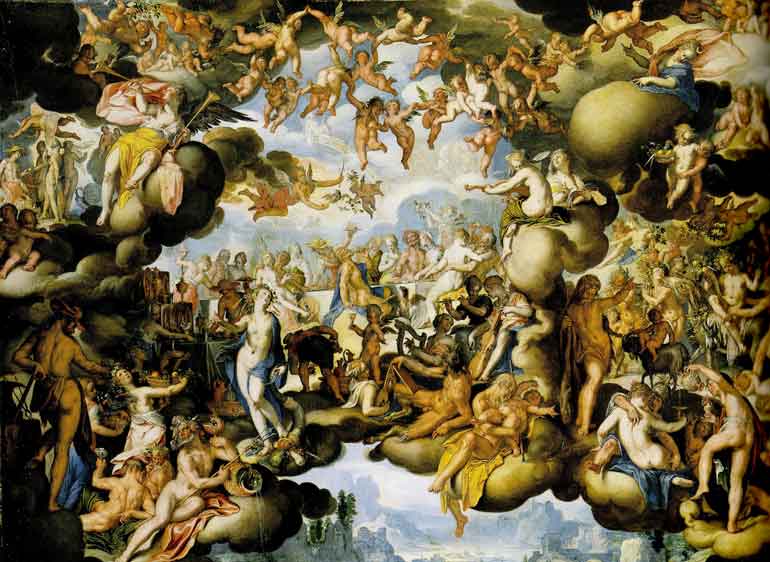 CEYX: Peleus accidentally kills his own brother and seeks refuge in Ceyx's city.
CEYX: Peleus accidentally kills his own brother and seeks refuge in Ceyx's city.



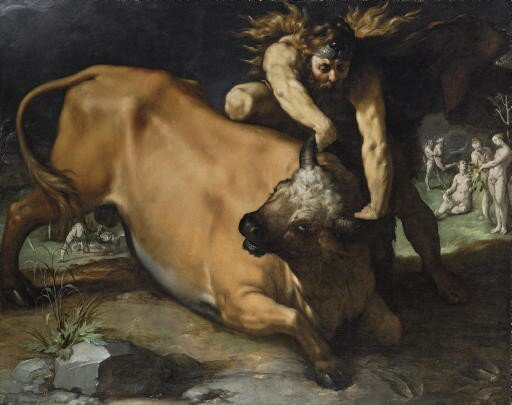
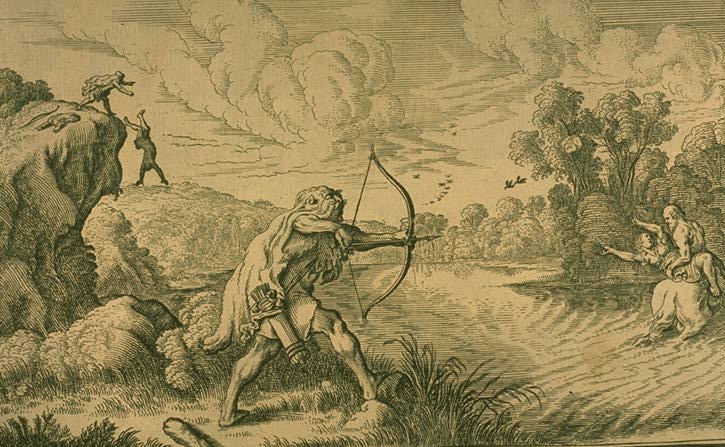
 IPHIS & IANTHE: A baby's sex is hidden so as not to be killed and on the eve of the wedding, she is changed from a girl to a man to wed his bride.
IPHIS & IANTHE: A baby's sex is hidden so as not to be killed and on the eve of the wedding, she is changed from a girl to a man to wed his bride.




